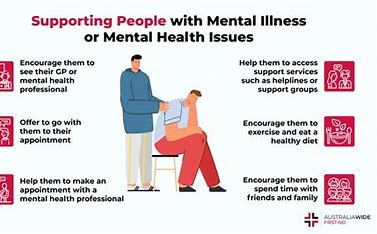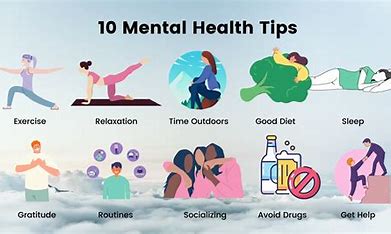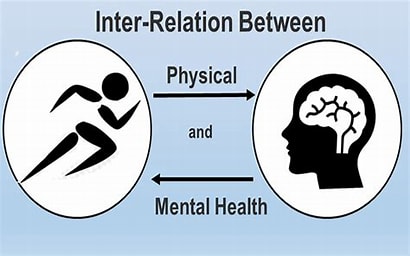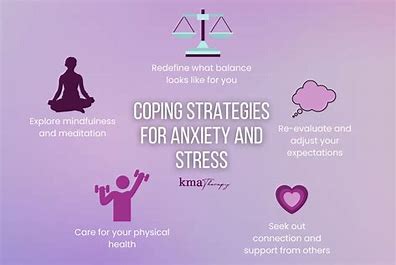There’s nothing quite like coming home to a loyal companion. Beyond the joy they bring, pets can have a remarkable impact on our health. From reducing stress to improving social skills, the benefits of pet ownership are numerous.
Research shows that pets can reduce loneliness, improve heart health, and even help children develop emotionally. But who benefits the most from pet ownership, and what types of pets offer the best health benefits? In this article, we’ll explore the science behind how pets improve our lives and the unique benefits they offer.
The Science Behind Pets and Health
Over the past decade, the National Institutes of Health (NIH) has partnered with the Mars Corporation’s WALTHAM Centre for Pet Nutrition to investigate the benefits of human-animal interaction. Researchers have found that pets can lower levels of cortisol (a stress hormone) and reduce blood pressure, but the extent of these effects varies.
For instance, studies show that different animals provide different benefits. While walking a dog increases physical activity, simply watching fish swim can reduce stress. Let’s take a closer look at some of the key health benefits of pet ownership:
| Health Benefits | Examples |
|---|---|
| Reduced Stress | Pets help decrease cortisol levels and blood pressure |
| Increased Social Support | Pets reduce feelings of loneliness |
| Improved Mood | Interacting with pets boosts emotional well-being |
Animals and Child Development
Pets can be especially beneficial for children, helping them develop better emotional and social skills. For example, research shows that interacting with pets can help children with autism or attention deficit hyperactivity disorder (ADHD) improve their social interactions and reduce anxiety.
Pets and ADHD
In a study with children diagnosed with ADHD, two groups participated in 12-week therapy sessions. One group read to therapy dogs, while the other read to dog puppets. The children who read to real dogs showed better social skills, cooperation, and fewer behavioral problems.
Pets and Autism
Another study found that children with autism spectrum disorder became calmer while playing with guinea pigs. Their anxiety decreased, and they engaged more with their peers. These findings suggest that pets provide unconditional acceptance and can help bridge social gaps.
| Study | Findings |
|---|---|
| ADHD Therapy Dogs | Improved social skills and fewer behavioral issues |
| Autism and Guinea Pigs | Decreased anxiety and increased social interactions |
How Pets Help Manage Health Conditions
Beyond emotional and social development, pets can play a role in managing certain health conditions. For instance, a study showed that caring for a pet fish helped teens with type 1 diabetes become more consistent in checking their blood sugar levels. The act of caring for the fish created a routine that mirrored their diabetes management tasks, improving health outcomes.
Therapy animals are also frequently used in hospitals and nursing homes to reduce patient stress and anxiety. The simple presence of a therapy dog, for example, can offer comfort to those facing difficult medical conditions.

| Condition | Benefit |
|---|---|
| Type 1 Diabetes | Pets can help establish routines for health management |
| Hospital Patients | Therapy dogs reduce anxiety and provide comfort |
The Drawbacks of Pet Ownership
While pets provide numerous health benefits, it’s important to recognize that not everyone may experience these positive effects. For example, individuals who are allergic to certain animals could see their health worsen if exposed to pets. Additionally, while early exposure to pets can help protect children from developing allergies, the presence of animals in homes with allergy-prone individuals can be harmful.
FAQs: Pets and Health
Q: What types of pets offer the most health benefits?
Different pets offer different benefits. Dogs encourage physical activity, while fish can reduce stress. The type of pet that’s best for you depends on your health goals.
Q: Can pets help children with ADHD or autism?
Yes, studies have shown that pets can improve social skills and reduce anxiety in children with ADHD and autism.
Q: Do pets help reduce stress?
Absolutely. Pets, especially therapy animals, have been shown to decrease cortisol levels and improve overall mood.






